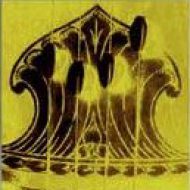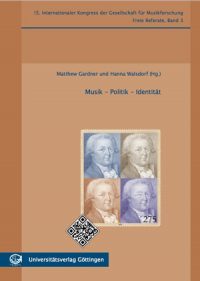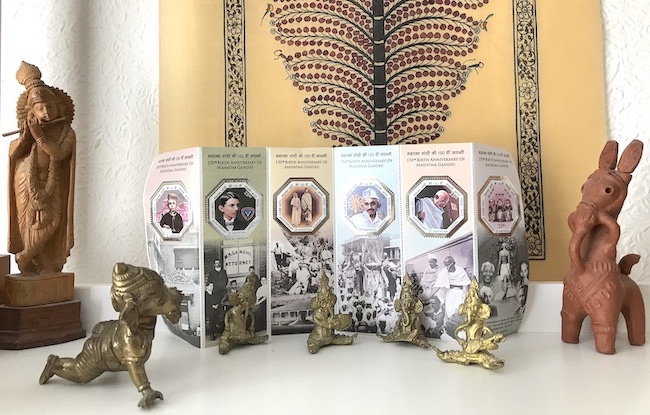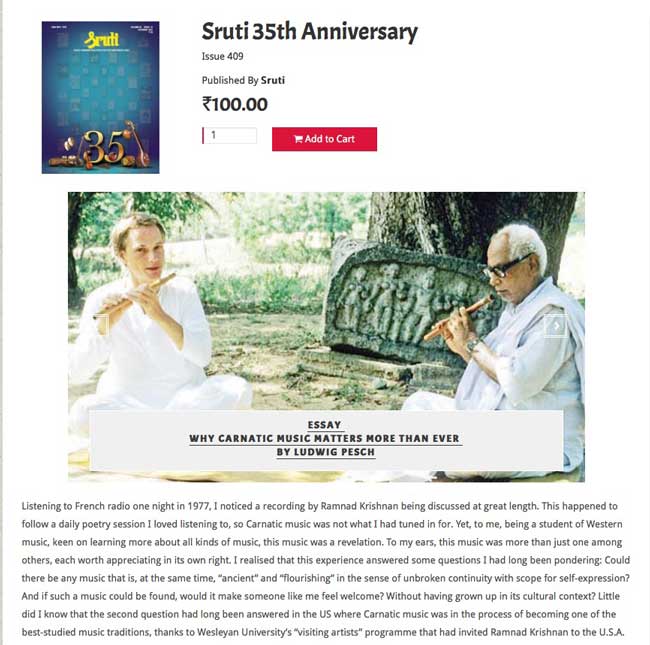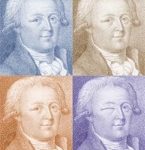Track missing details for search results
- To trace the source document of any separate chapter listed among the search results hosted on Shodhganga’s server, look for its “handle” number: e.g. “138940” from the URL (in search for more publishing details): http://shodhganga.inflibnet.ac.in/handle/10603/138940
- Copy-paste the second part of this “handle” number (e.g. 138940) into the How to Cite window in order to trace the document’s publishing data on the Shodhganga website http://shodhganga.inflibnet.ac.in.
- e.g. “handle” number 138940 refers to “The influence of Nagaswaram on Karnataka classical vocal music”, Researcher: Radhika Balakrishnan, Guide: Sreelatha, R. N., University of Mysore, Completed Date: 2016, University of College Fine Arts
- Browse and download any chapter from the Shodhganga server.
- For advanced search options directly consult the Shodhganga website: http://shodhganga.inflibnet.ac.in:8080/jspui/subject-search
Note: search results appear without much delay. More patience is needed for consulting the Shodhganga website (waiting time varies depending on the hour of the day).
